
More from MamásLatinas: 9 Tips on getting your toddler to sleep better
Sleeping is your body's chance to heal and recover itself from the day's activities. Not to mention, it also boosts the body's immune system, can improve concentration and productivity, and can even keep the wrinkles away. So, it's important that you're getting enough hours of sleep every night. Plus, being well-rested just feels good.
Dr. Sujay Kansagra, director of Duke University's Pediatric Neurology Sleep Medicine Program and Mattress Firm's sleep health expert, says getting a good night's rest all comes down to proper sleep hygiene. "Simply put, it's a combination of behaviors and environmental factors that can help or hurt our sleep." Sleep hygiene can include anything from the flow of your nighttime routine to the comfort level of your mattress. A simple change, like switching up your pillows, can make all the difference.
By making a few easy changes, you can be on your way to counting sheep in no time. Here are some tips you can follow to make sure that you're catching as many Zs as you can every night.
Develop a bedtime routine that you’ll stick to every night.

"A bedtime routine is a series of quiet, calming activities that are performed in the same way and at the same time every night leading up to bedtime," Dr. Kansagra says. These activities can include things like brushing your teeth, listening to calming music and taking a shower. Following this routine will let your mind and body know that it's almost time for bed.
Stick to a sleep schedule that will help set up your body’s internal clock.
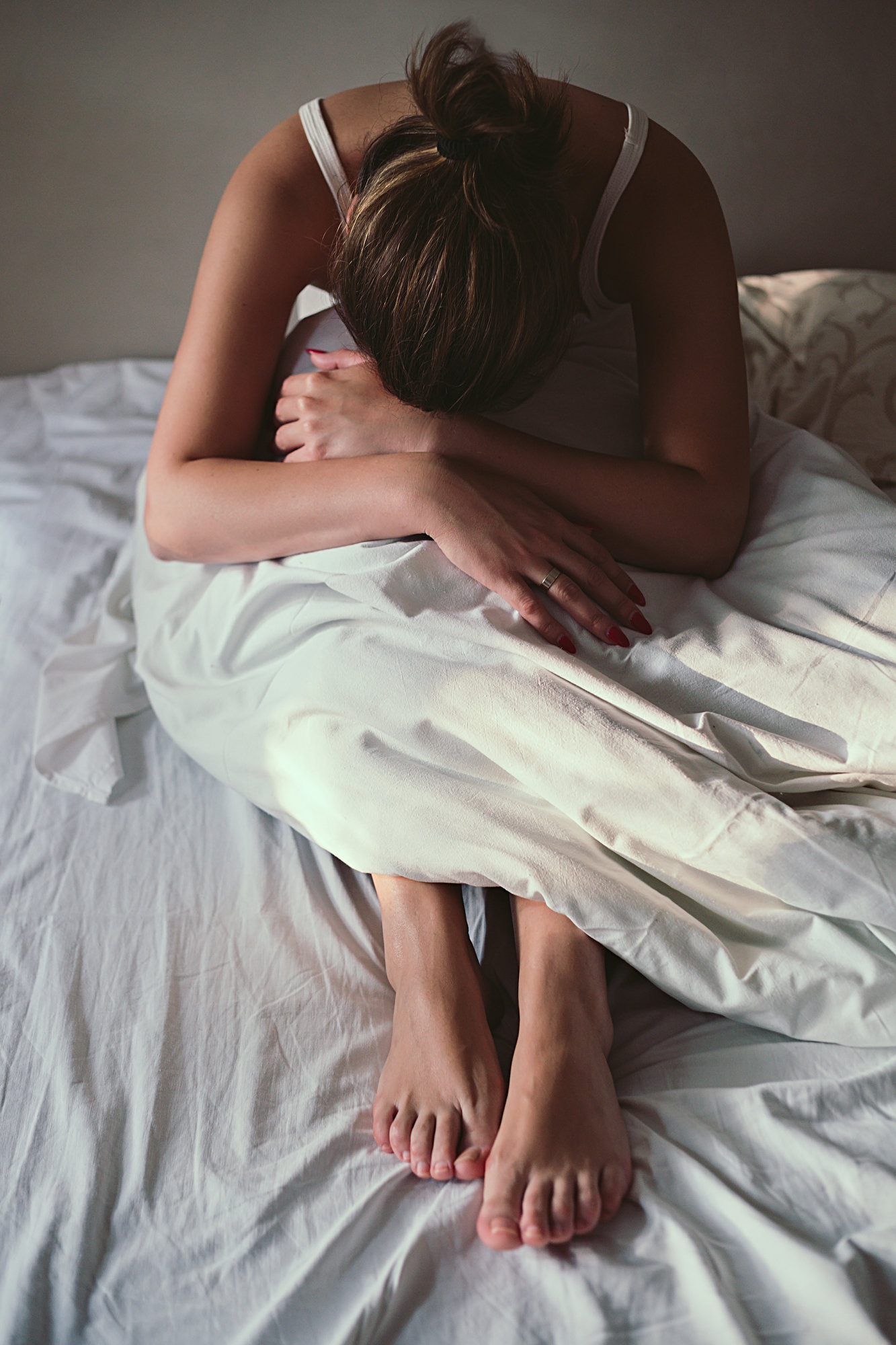
Going to bed and waking up at the same time everyday will put your body on a schedule. Make sure that the times allow you to get enough hours of sleep every night. The average adult should get between seven to nine hours of sleep a day. If you're struggling to get out of bed, it probably means you haven't been getting enough.
Don’t use your bed for other things besides sleep and sex.

Your bed is not a workspace and you don't want to condition your mind into thinking it is. If you do, you can quickly change up the vibe of your bedroom. Instead of being welcomed by feelings of relaxation, you'll start thinking about when your next work assignment is due and that can definitely keep you tossing and turning at night.
Try to avoid substances that can mess with your sleep.

These can include alcohol and nicotine. Nicotine is a stimulant and its side effects can cause insomnia, while studies show that alcohol can disrupt the REM stage during sleep. Other substances that can mess with sleep include medications, so if you're taking any and can't sleep, consult with your doctor.
Your bedroom should look and feel like your sleep sanctuary.
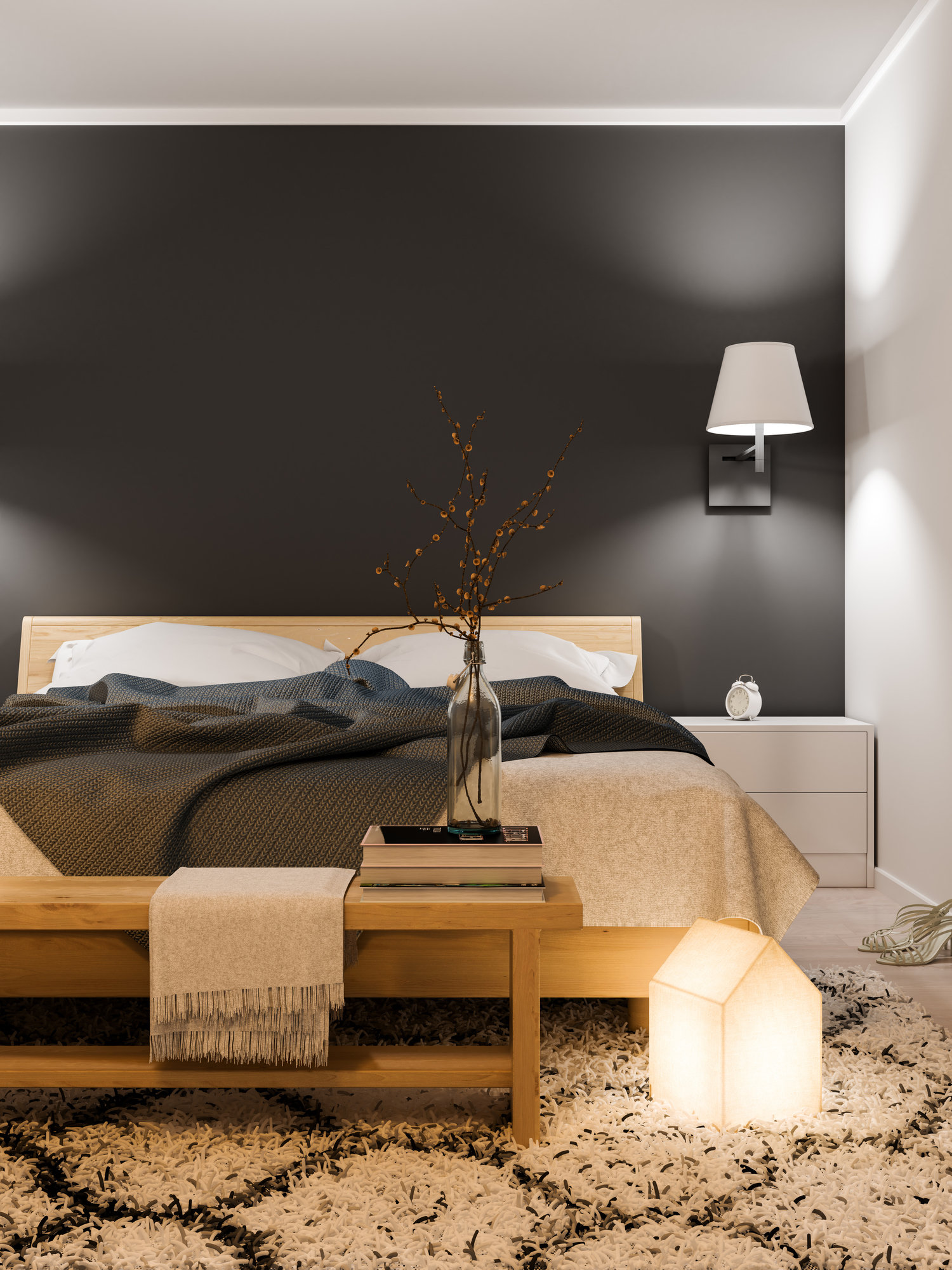
Bill Fish, certified sleep science coach and founder of Tuck.com, says your bedroom shouldn't look like a storage room or a to-do list for the next day. "All of this clutter causes our mind to race, and thus our sleep suffers," he says. "Clean up anything and everything on the floor. If you have to put items in a closet, so be it, but close the door."
Block out any noise that may interrupt your sleep.
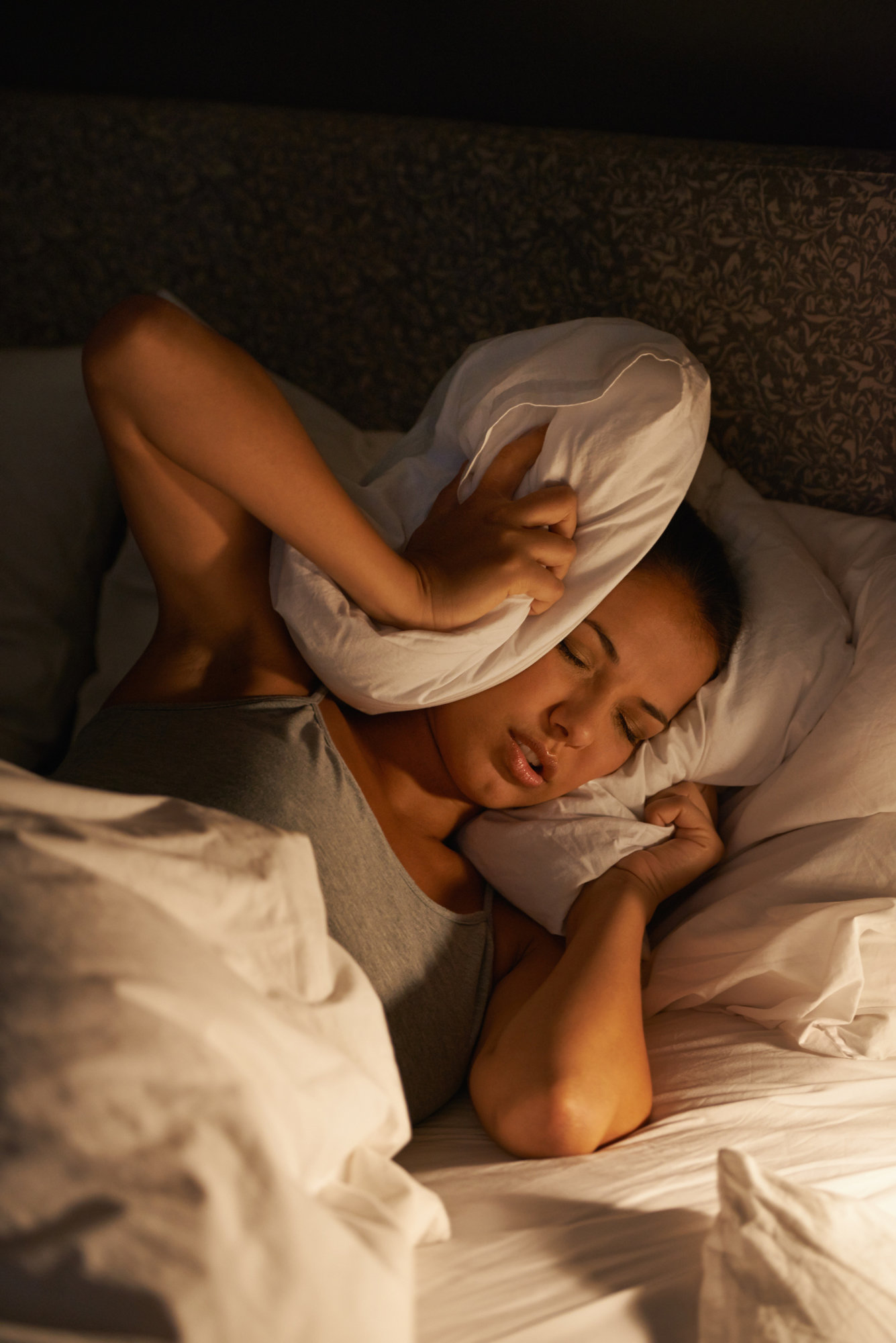
Fish suggests the use of a white noise machine, since it can muffle up sounds that can wake you up during the REM stage of your sleep. You can also download free phone applications, with timers, that are full of sound playlists designed to help you fall asleep.
Reduce daytime naps since they can keep you from sleeping at night.
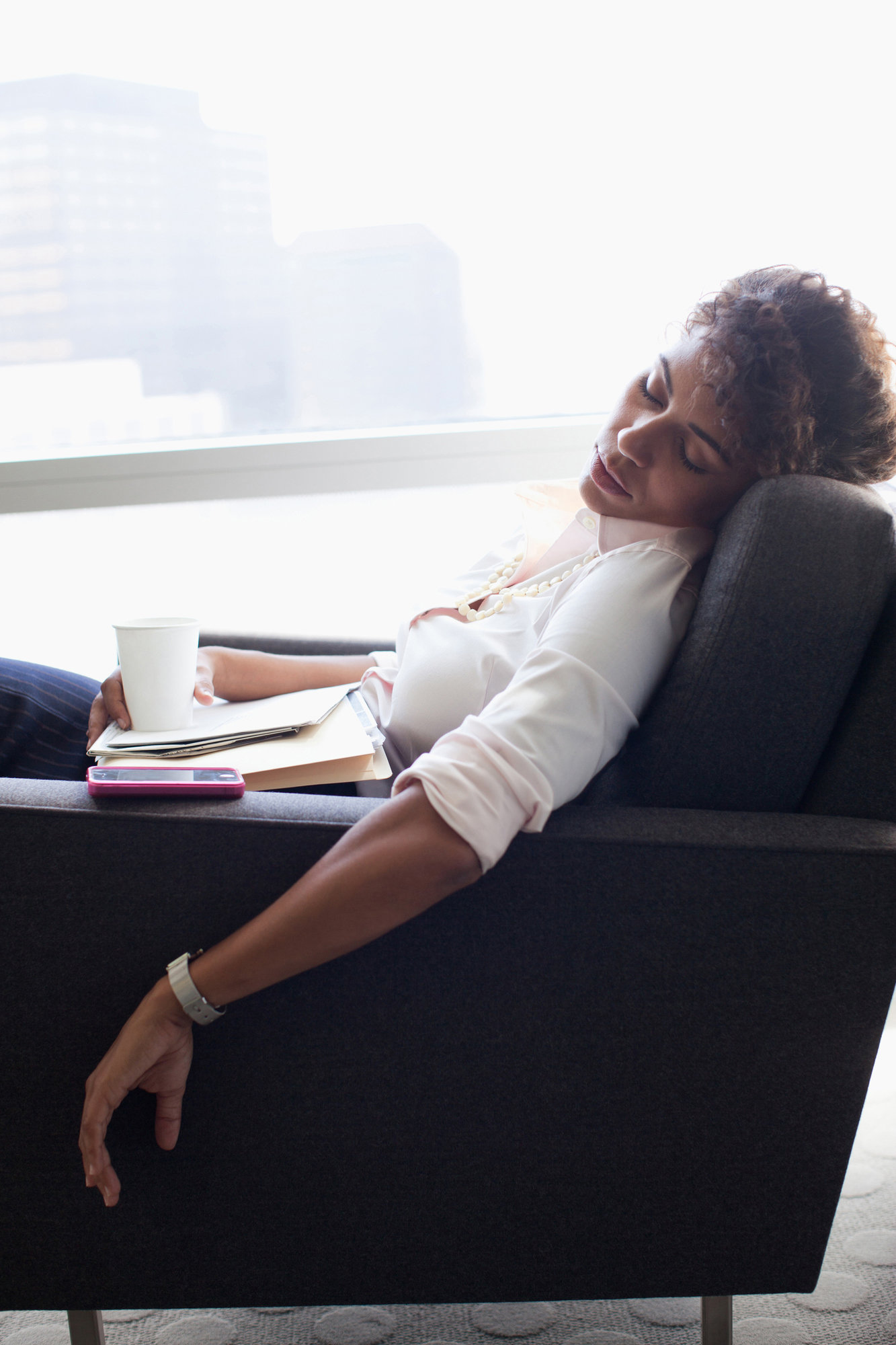
When you take prolonged naps during the day, you're decreasing your sleep drive for when it's actually bedtime. Not sleeping enough at night can then turn into sleep deprivation, which can increase your desire to take naps during the day. It's best to take shorter naps, earlier in the day, since it'll give you time to build up the desire to sleep again.
Replace your pillows, sheets and mattresses if you need to.
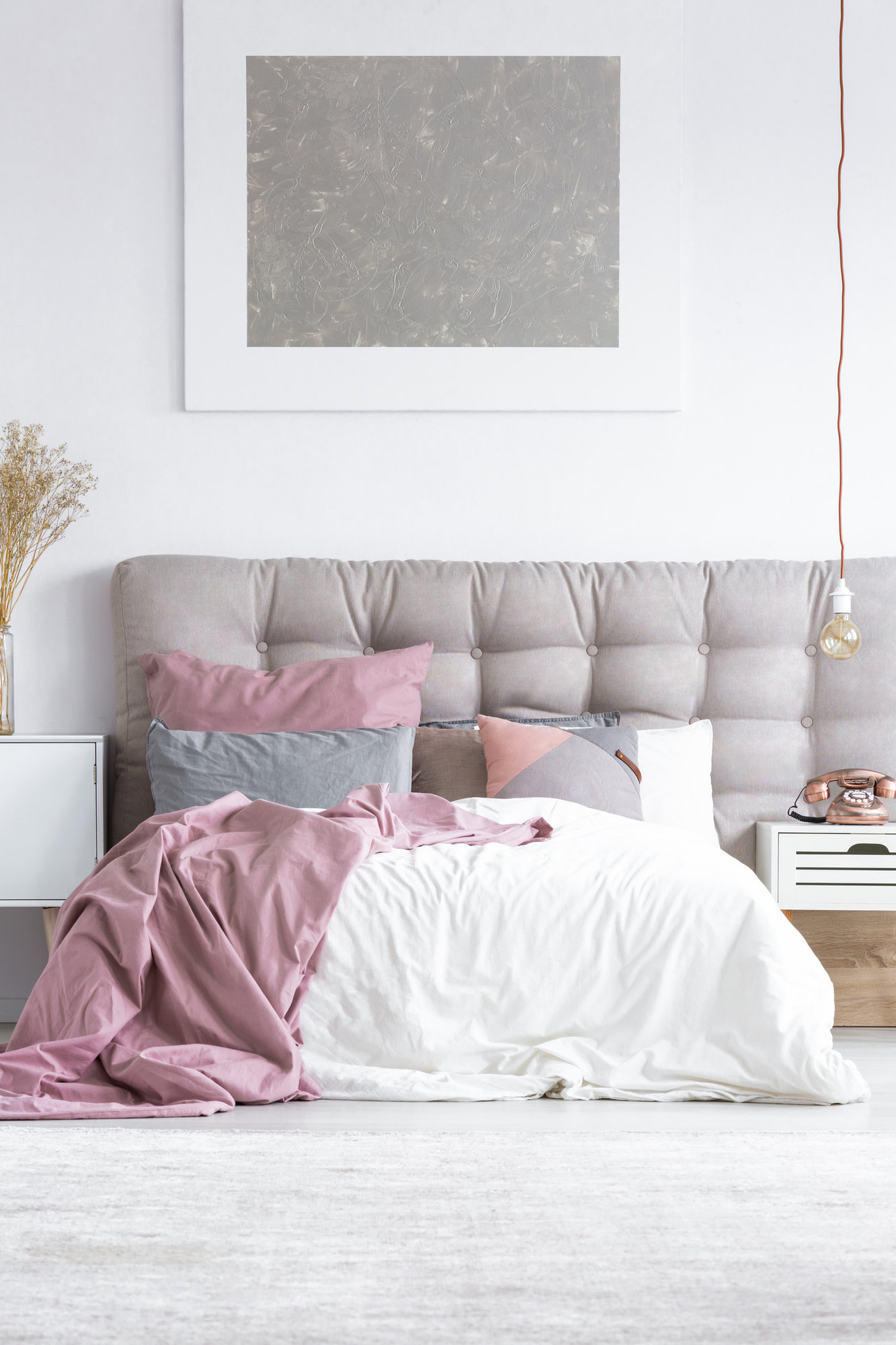
One of the keys to sleeping throughout the night is being comfortable. You spend a lot of time on your mattress, so if you're still using that springy, old one, it's time to throw it out. Invest in a mattress you'll be able to comfortably use for years to come. The same thing goes for your pillows and sheets. If they're bothering you, change them.
If you’re sleeping too hot or too cold, adjust the room temperature.
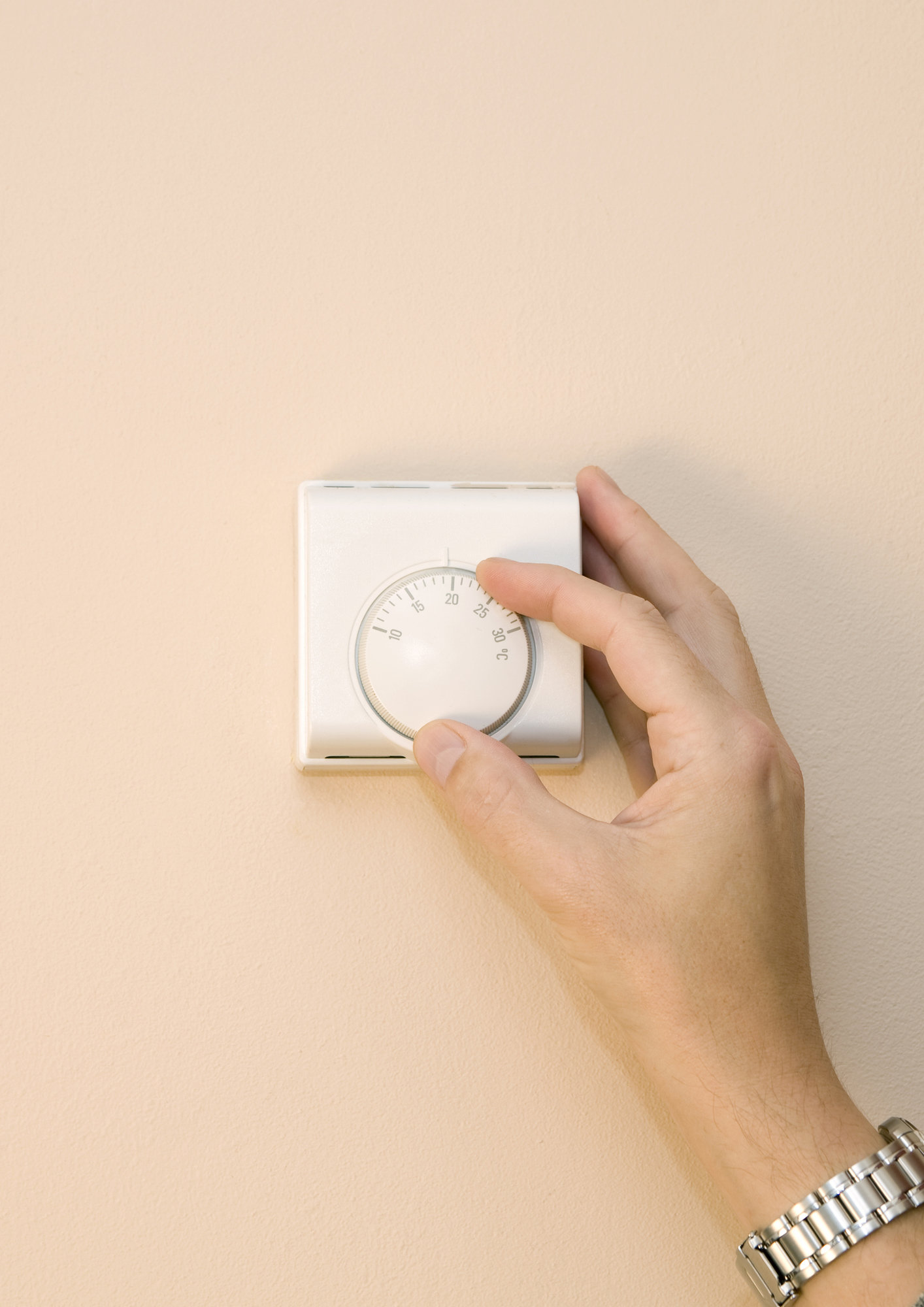
You know how hard it is to sleep when you're shivering or tossing and turning because you're sweating all over your sheets. If you need to, adjust the room temperature or your sleepwear if that's what's causing the issue. The ideal bedroom temperature should be between 60 and 67 degrees Fahrenheit, but change it to what works for you.
A warm shower can make you sleepy and put you to bed faster.

It can signal to your body that it's time for bed. When you step out of a warm shower into a cooler room, your body temperature will drop, slowing down metabolic functions, like heart rate, digestion and breathing. Your showers should be short. If you raise your body temperature too much, you'll become energetic instead.
Avoid drinking water or other fluids right before bed.
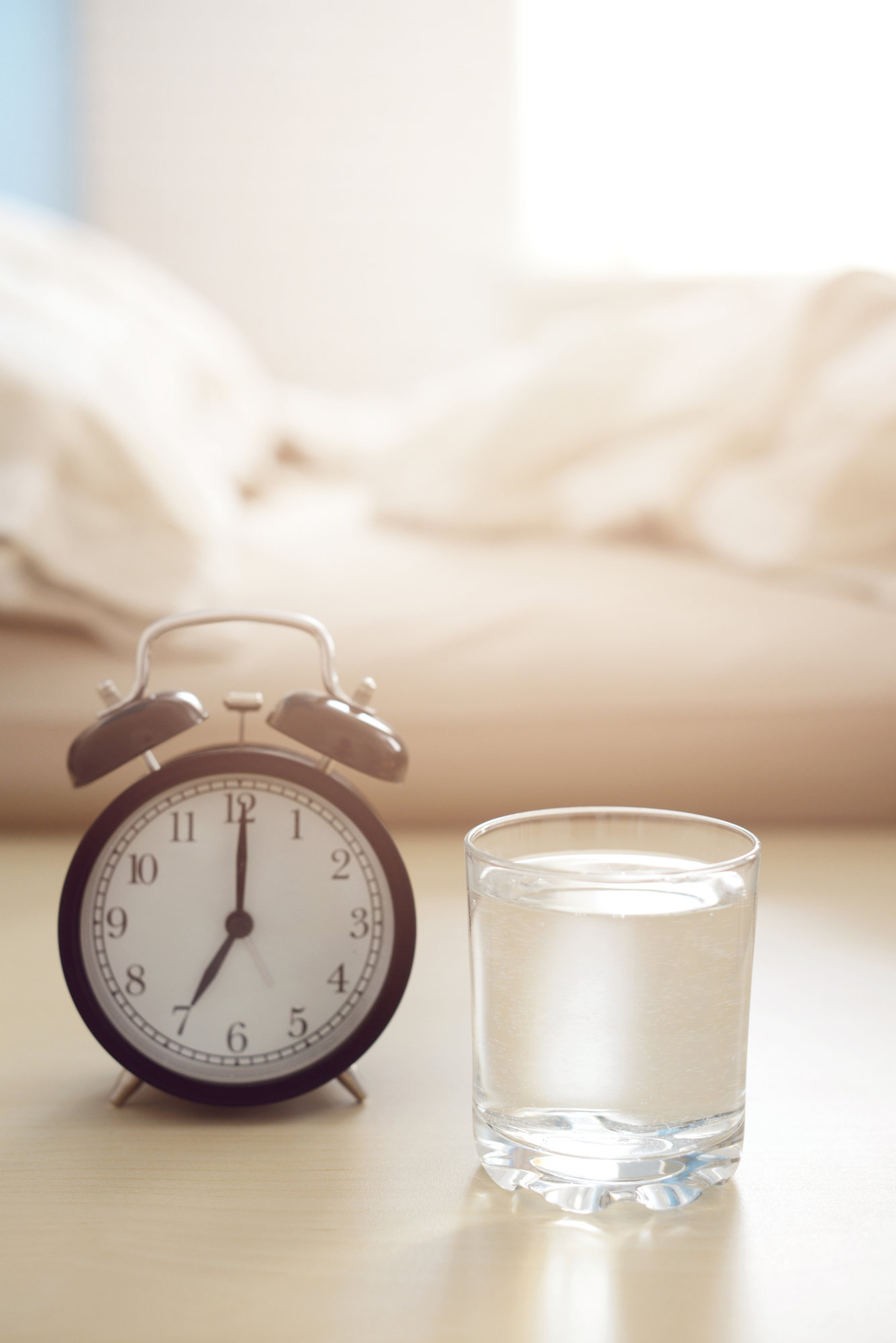
Drinking fluids right before bed can increase the number of times you need to use the bathroom at night, which can in turn interrupt your sleep cycle. The best way to avoid getting up to urinate in the middle of the night is to limit drinking any beverages or water two hours before bed so that your urine output has enough time to decrease.
Try to avoid exercising too close to bedtime.
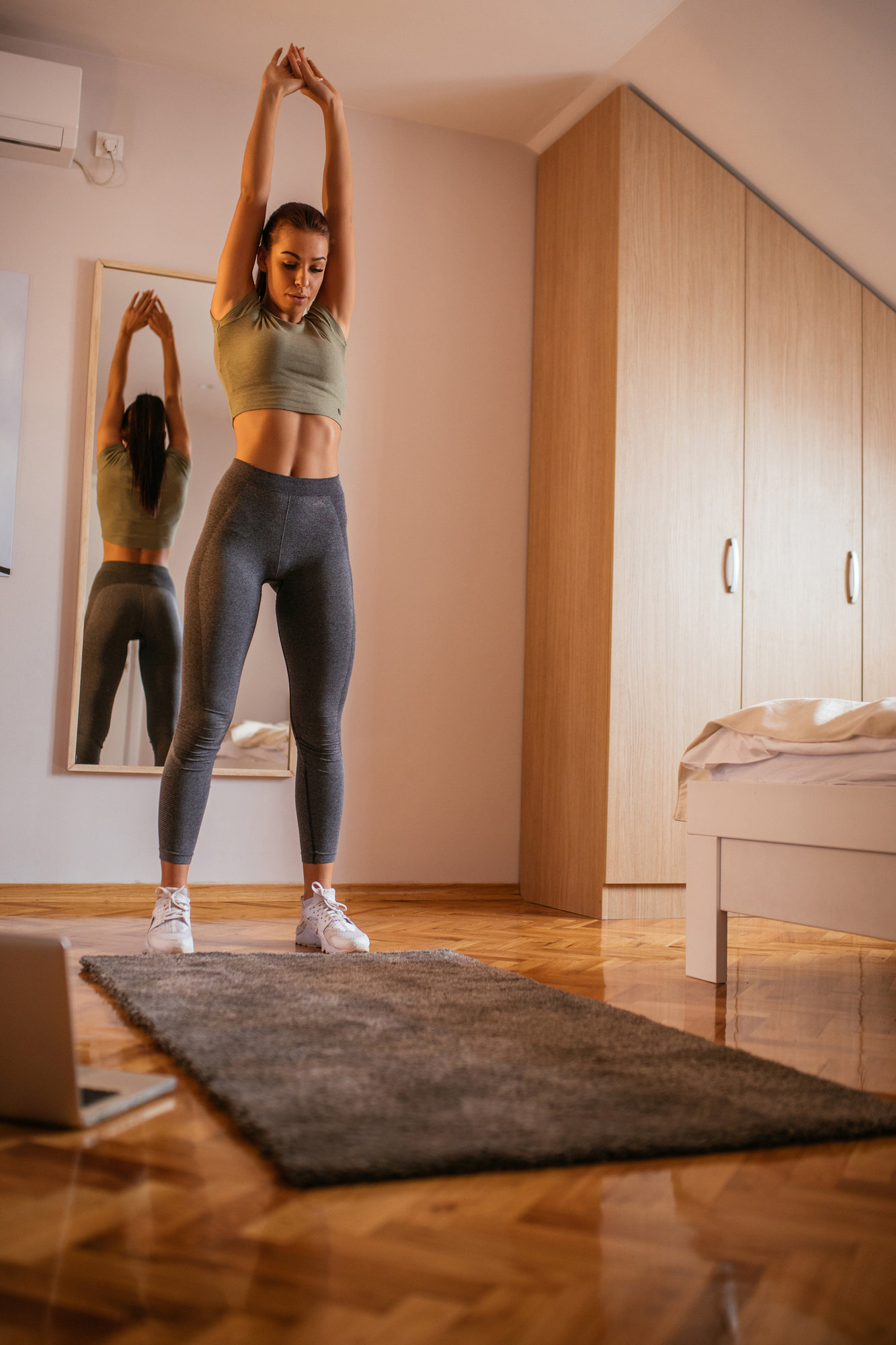
For some, exercising late at night can make it difficult for them to wind down. That's because exercise increases your heart rate and prompts your body to start releasing adrenaline. When your adrenaline is high, your brain can become really active, too, making it harder for you to fall asleep.
It’s probably best to avoid the blue light right before bed.

Blue light refers to the light from devices like your cellphone, laptop and television. More than other lights, this light can affect the production of melatonin, which is the natural sleep-inducing hormone our bodies produce. Since this light can suppress melatonin, it can also throw your internal clock completely off, making falling asleep or waking up more difficult.
Turn your bedroom into a sleeping spa with the help of essential oils.

Rub some essential oil onto your pillow, onto your chest or let the scent take over the room with the help of an essential oil diffuser. There are plenty of essential oils that can complement your sleep routine. Some include lavender, vetiver and Roman chamomile. All have soothing and calming properties that can help put the mind at ease right before bedtime.
To fall asleep, make sure your room is dark.
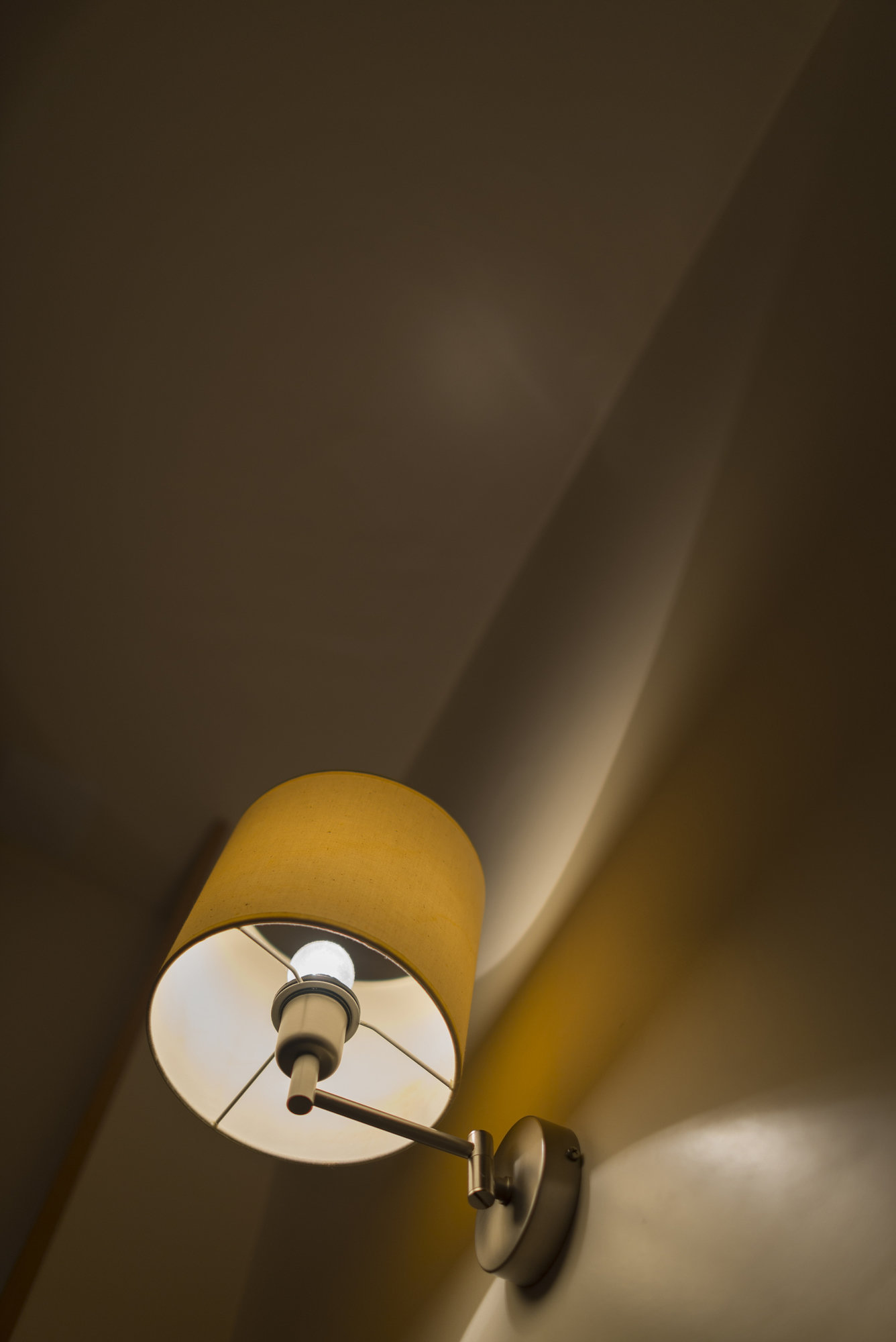
Since light can inhibit the body's production of melatonin, it's best to start dimming or turning off bright overhead lights when it's nearing time for bed. Since your eyes can detect light even when they're closed, also try turning off all glowing devices and make sure your windows are covered with light-blocking curtains.
Avoid munching too much before bed.
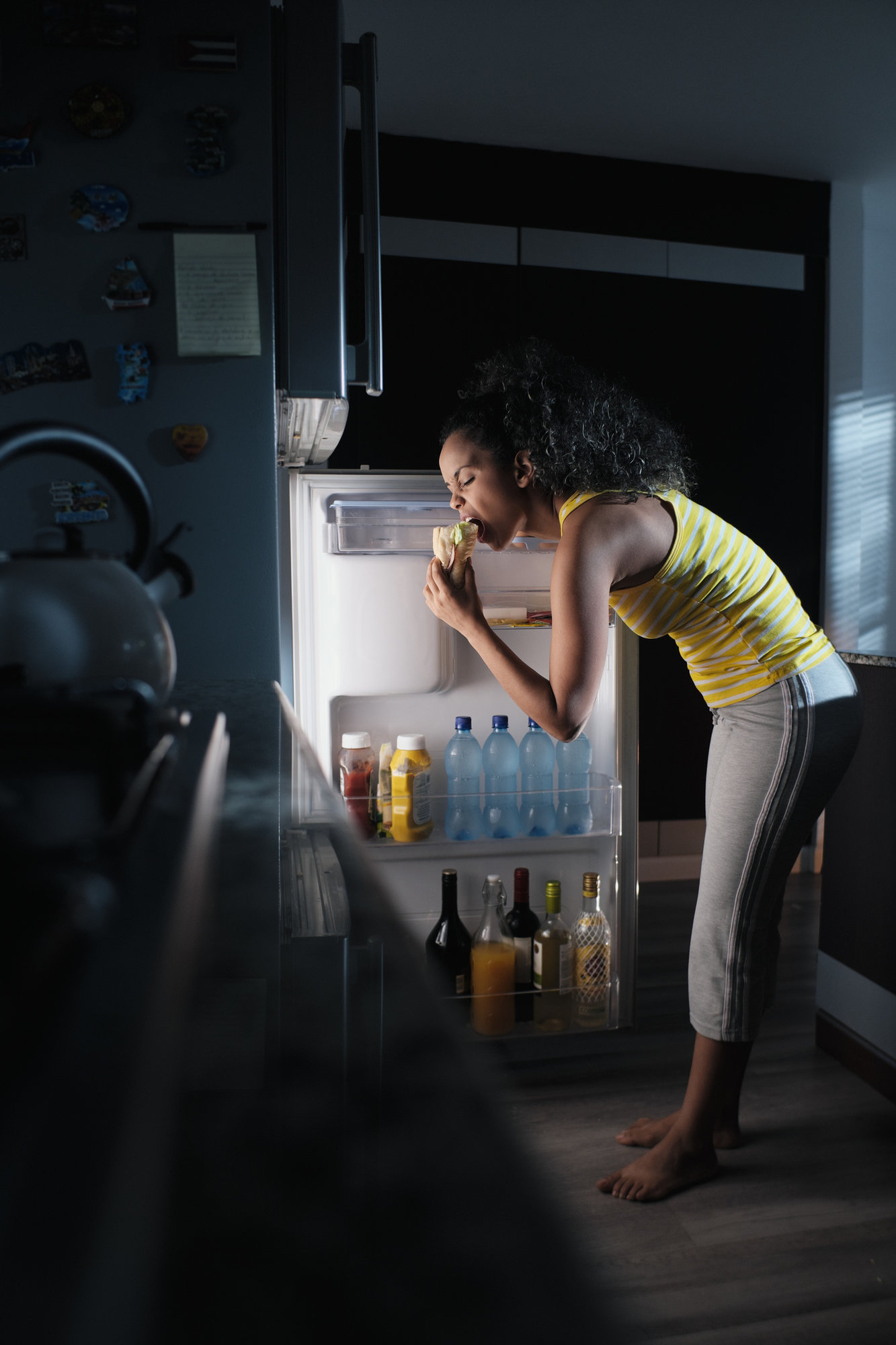
Dr. Carolyn Dean, sleep expert and author, says you should avoid snacking less than 2-3 hours before bedtime. "Your digestive system will be working overtime rather than allowing your body to rebuild, repair and rejuvenate," she says. If you're hungry eat something light and simple. Avoid the full-course meals full of carbs.
Make sure your body is getting enough magnesium.
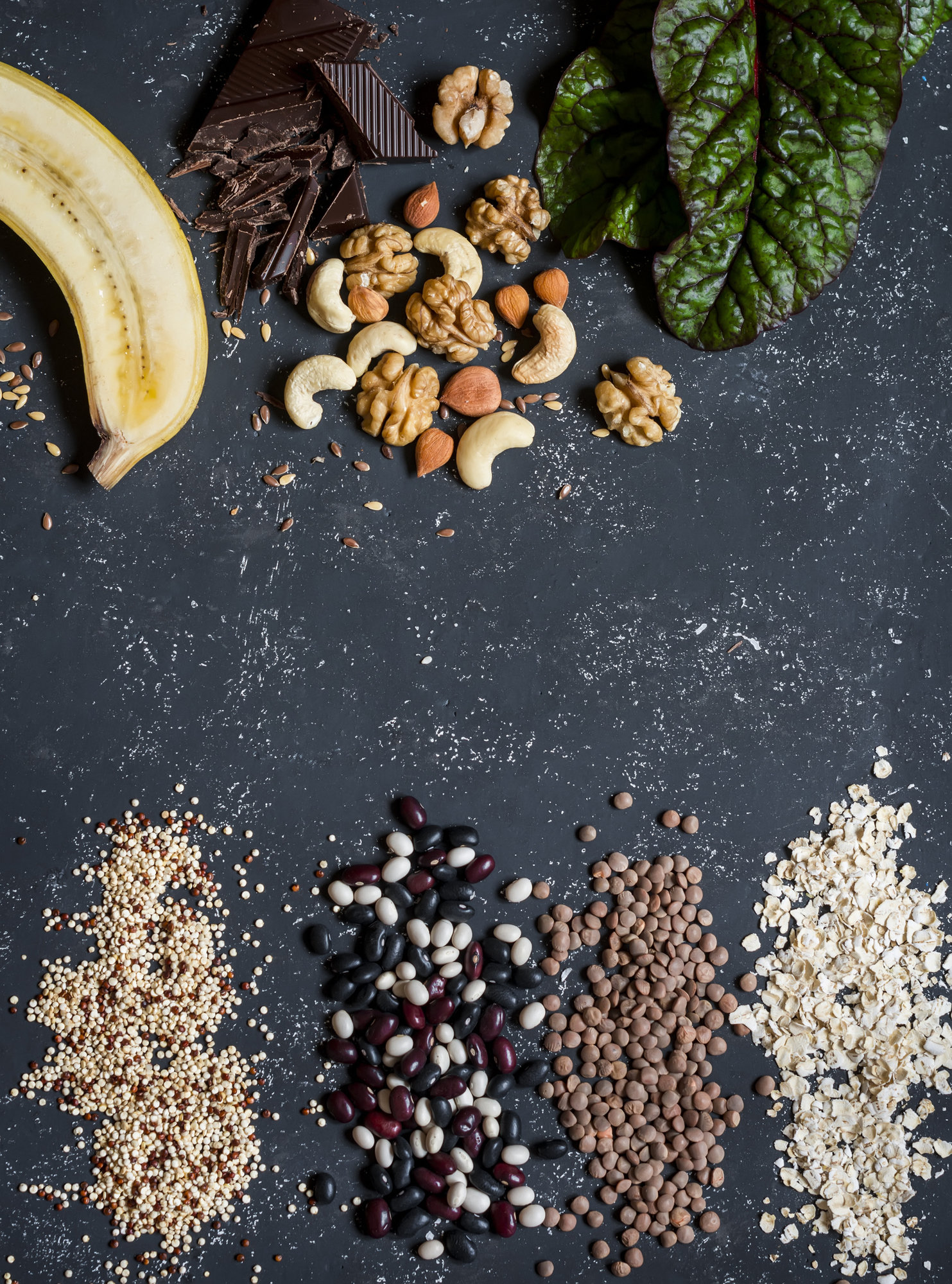
Healthy magnesium levels can promote better sleep, says Dr. Dean. "Magnesium facilitates sleep-regulating melatonin (sleep hormone) production," she says. "Magnesium also relieves the muscle tension that can prevent restful sleep and activates GABA, the main inhibitory neurotransmitter of the central nervous system, and activation of GABA(A) receptors favors sleep." Foods that contain magnesium include leafy greens like spinach and kale, nuts and seeds, and legumes.
Caffeine works for waking up, but don’t make it a part of your bedtime routine.

Because coffee stimulates the nervous system, it can keep your body from relaxing at night. According to Healthline, caffeine can stay elevated in your system for 6-8 hours after you drink it. That even goes for caffeine in other products besides coffee, like chocolate. So, if you're craving it late at night, it's best to stick to a decaffeinated product.
Let go of the stressful things still lingering around in your mind.
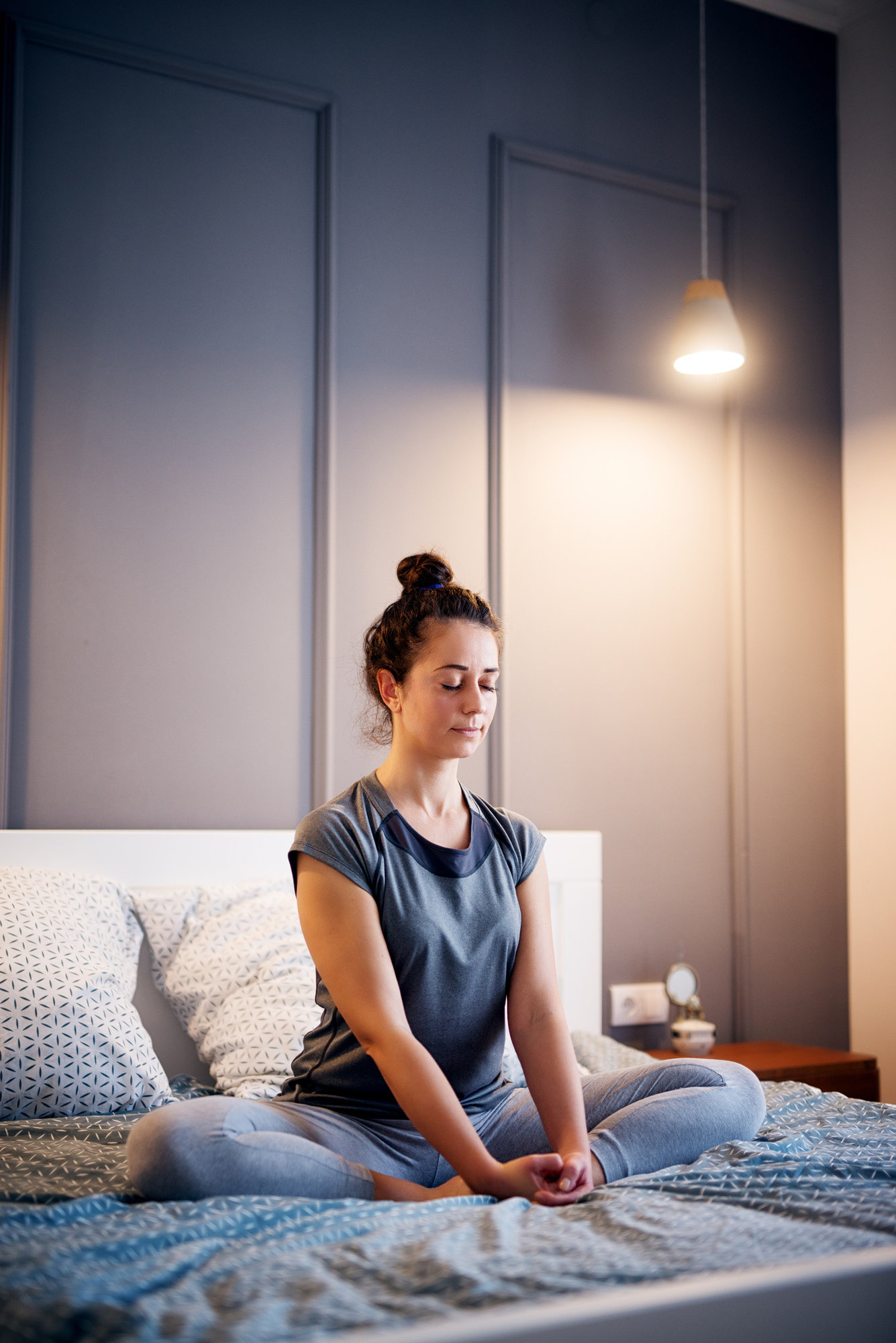
If there's something you're worrying about or something that you didn't get done today, jot it down and forget about it until tomorrow. It'll help you sleep better, which in turn will boost your productivity when it actually comes to tackling it. Instead of thinking and stressing, try doing something that calms you, like listening to some ambient music.
If you haven’t been able to resolve your sleeplessness, consult your doctor.

Your sleeplessness may be out of your control, but your doctor can help you with that. An inability to sleep can be the result of health conditions, like chronic pain or sinus allergies. Those, in turn, can cause other conditions like insomnia and sleep apnea. Your doctor can help set you on the path to getting a good night's rest again.

